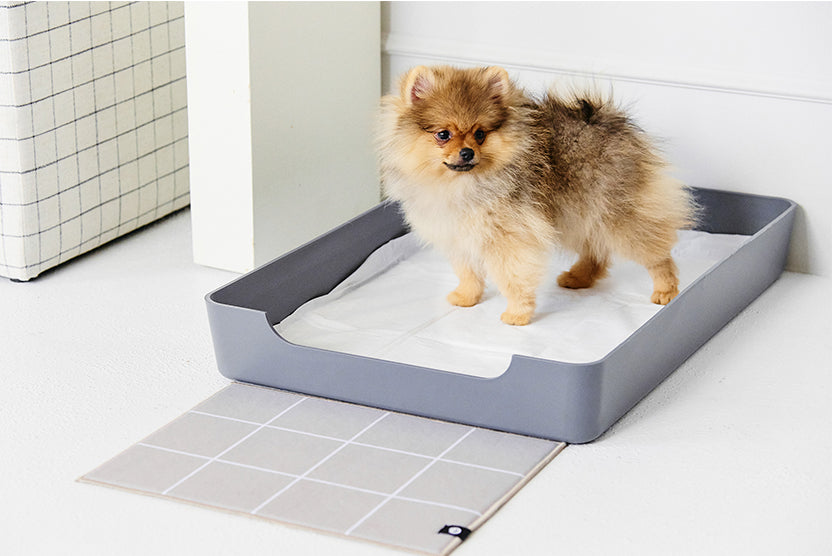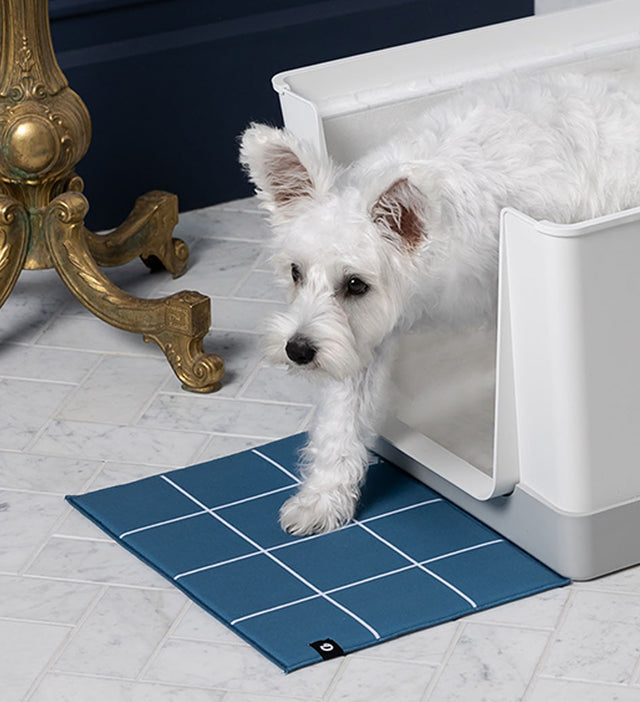Unleashing Your Puppy's Potential: A Guide to Early Training

Welcoming a new puppy into your home is an exciting journey filled with joy and, of course, the initial challenge of potty training. Timing is crucial when it comes to teaching your furry friend, and starting early provides a clean slate for effective learning. This guide will explore the categories of social and obedience training, focusing on what you can teach your puppy right from the start.
Begin with potty training as a top priority. While your puppy may lack full control of his bodily functions initially, establishing a routine and designated area for elimination is key. Keep a diary to anticipate when he needs to go and guide him to the right spot. A smart Doggy Bathroom will quickly become a new best friend!
To address chewing behavior, provide your puppy with "legal" chew toys that satisfy their need to gnaw while saving your belongings. Food-dispensing toys can also be beneficial, as they encourage mental stimulation and help reduce destructive chewing by keeping your puppy engaged during meal times.
When it comes to biting, fostering bite inhibition is crucial. Use humane feedback—if your puppy bites too hard, let out a loud "ouch" and withdraw your attention. This teaches them that biting too hard leads to a loss of interaction.
Puppies are like eager sponges, ready to absorb knowledge. If your breeder or shelter has started basic obedience training, such as teaching "Sit," you're already ahead. Although the early days of puppy care can feel overwhelming, you can begin teaching basic commands like "Sit" and "Come" as soon as your puppy settles in.
Capture behaviors in the moment and associate them with commands. For instance, say "Sit" as your puppy begins to sit, and repeat the process with "Come" when they walk toward you. While their attention span may be short at first, early training establishes a foundation for effective communication. Teaching "Stay" requires patience and frequent rewards; offer treats and praise every time your puppy stays in place. Introduce a release word, turn away, and walk away to signal the end of the command.
Remember, puppies undergo rapid physical and mental development—the first six months equate to about 12 human years. This accelerated growth underscores the importance of consistent and patient training. Your puppy is learning hundreds, if not thousands, of new things each day. By being patient and consistent, you can create a positive learning environment, strengthening the bond between you and your furry companion.
Early training is vital for nurturing a well-behaved and happy puppy. By focusing on socialization and obedience from the start, you set the stage for a rewarding companionship. With your guidance, your puppy can become a fast learner, making this journey enjoyable for both of you.



